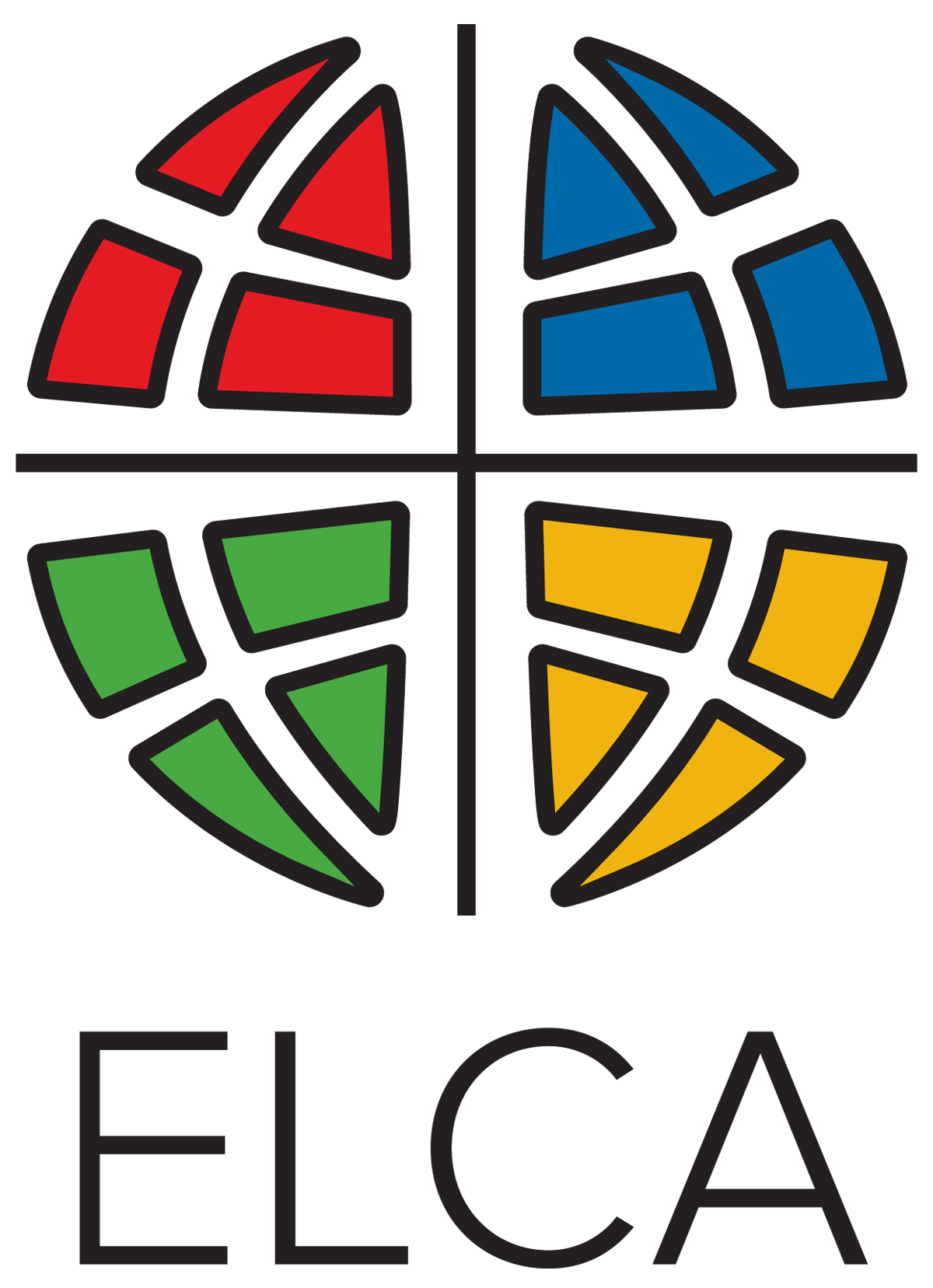A blog post I recently read equated living in the time of COVID 19 to walking up a large hill at the end of a long walk to reach the comfort of your home. The day is hot, you are thirsty and waiting for you in your home is your favorite cold beverage and a comfy chair. You are already tired from normal life and now you have one more thing to figure out. And as much as we want to believe we are nearing the top, we aren’t. We have months, if not longer, before we are done. It daunting, but it’s time to start climbing.
Everyone is “going through” COVID 19 right now. Few of us may currently be infected, but we are all experiencing the impact that COVID is taking on our world. A “collective (or social) trauma” is a “traumatic psychological effect shared by a group of people…. often resulting in a shift in that society’s culture and mass actions.”* That about sums up what is happening around us. Only it isn’t a “group of people” it’s the entire world climbing up this big ol’ hill.
As a society, we are not great with grief and death and bad things happening, but we still have a sense of what to do. Those who are in pain lean on those around them. Those who see others in pain comfort and help them with practical things and with emotional support. But what happens when the whole of society is hurting all at the same time? We don’t know what to do when everyone is climbing the same hill, at the same time, but experiencing it differently. How can we invite others to lean on us when we are barely standing up ourselves, and who do we go to for help when everyone around us is struggling too? Communal trauma is weird and not something we have experienced as a society in a very long time. Literally every single person needs to climb the hill but it hits us all in different ways. We need to care for others and care for ourselves and allow others to check in and care for us.
It’s not fair or right, but for some, the hill is even harder to climb. Some have 4 kids in tow. Some have 1 kid. Some have 3 dogs and an elderly husband with a broken leg. Some are alone. Some have health issues. Some have mental health struggles that make the hill even more scary. Some are hungry, and some are grieving losses. We may know why this hill is difficult to climb for some, but we may not see how lonely or painful it is for others.
Fall is on its way and with it may come new changes and challenges. Schools will be opening again (even if the buildings remain closed.) Colder weather will force us back inside and it is possible restrictions will tighten again. We will continue our climb up the hill as things like masks will become our new normal.
Do you know what else I think will become our new normal? Figuring out how to help and care for others. I think we will discover our own needs and knowing how we ask for help will become clearer. I think we will learn the patterns of our neighbors and our circle of friends and know when we need to reach out to them.
God has created us to live in community with one another so that we can help each other. Right now this is weird because being near one another is difficult many, and dangerous for some, particularly those who may need help the most. But it is our nature to find new ways to meet new needs.
Help each other on the hill. Realize that each of us have our own set of challenges; some that are obvious and some that are unseen by others. Know and trust that God has given us the abilities, resources and drive to adapt to the new challenges of helping our neighbors. I have faith that this too will become a new normal.
Kristi Larson, Director of Youth and Family Ministries
*According to Wikipedia



